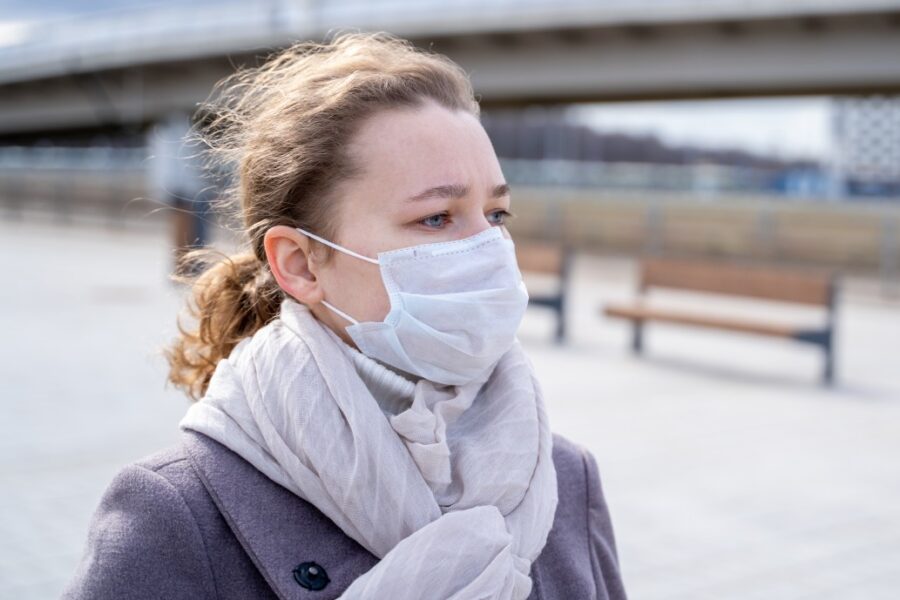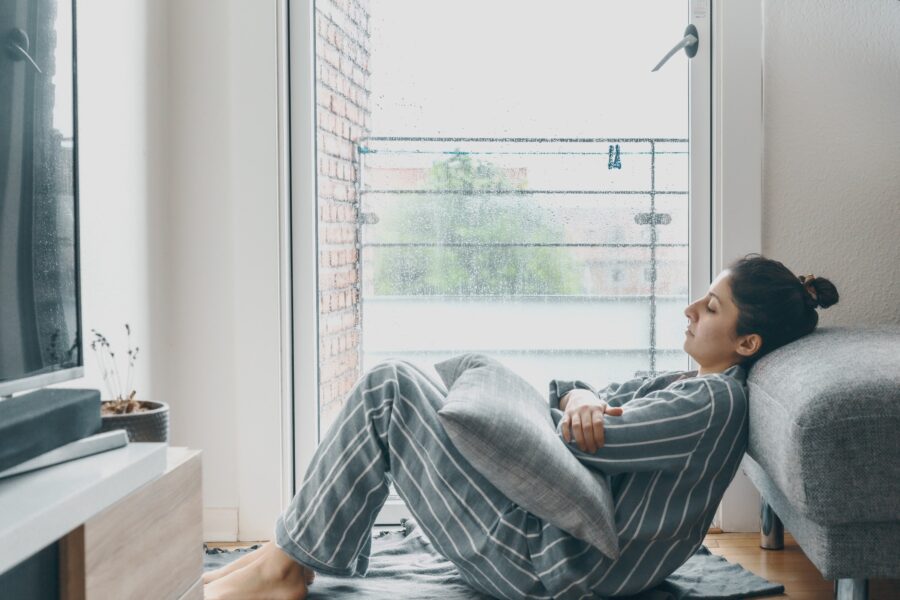A Letter to Our COVID Widow Sisters
Jordan H.

As I started to begin to write this article, I wanted to gather information. I was looking at facts, and I was looking for statistics and something to give me a specific number of who I was writing to and what I was writing about. But I found that I kept getting stuck there even though I found information. And the reason is that no matter how many numbers or stats or charts we look at, it’s not going to come even close to being able to adequately represent those who have lost a partner to COVID.

So instead, I decided to write a letter to the COVID widow.
This letter goes out to any woman who lost their partner because of COVID. This letter is for you. This letter is to show you that the rest of us widows care. And there are a lot of things about your experience that we do understand. And there’s a lot that we don’t. Because at the end of the day, no matter what circumstances led each of us to join this club, we never wanted to be a part of, we still have a connection. That connection allows us to empathize even when details and circumstances are different.

But for you, there is not a chart that gets to dictate your experience. There is not a percentage or symptom list that can share with others about the trauma you had. There’s not a guidebook that can be leaned on to help you deal with grief in isolation. It isn’t fair that your loved one might have been alone. Becoming a widow from a pandemic or during a pandemic is something that hasn’t happened to others in our lifetime. Triggers for grief or trauma impact widows. And for you, they are everywhere. In addition to the typical triggers, you have additional ones: social media, news, advertisements, casual conversations.
Politics and religion. They have been brought into the mix. Conspiracy theories. We, as a society, can’t seem to separate these issues from this current pandemic. As widows, we see the seriousness. We see the impact. We see the grief. One thing I know is true, is that your story is important regardless of what anyone’s ballot says in November. Your grief is important regardless if you believe in a higher power or not.
There are a lot of things about being a widow that I feel like I can empathize and sympathize with being a widow myself. And there are some things that I could sympathize and empathize with as a human going through a pandemic in our country right now. But one thing I can tell you is that I have no idea what it would be like to do both at the same time.
We want you to know that you are seen. You are heard. You are supported. We are here.
In Wisterly love,
Jordan H.

